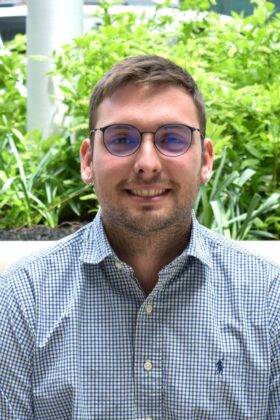
The investigation period is one year. It will analyze determinants of the health of the studied population such as diet, physical activity, alcohol and tobacco consumption, and the influence that socioeconomic level, gender and place of residence may have on these determinants. For this, a qualitative methodology will be applied with two data collection methods, discussion group and semi-structured interview. The discussion groups, consisting of four groups in each city, will provide collective insight into health-related aspects such as sleep habits, physical activity, diet or stress in the daily lives of people between the ages of 70 and 79. In addition to the group discourse, eight semi-structured interviews with men and women of different traits, from Seville and Lleida, will provide individual perspective and delve into risk factors and lifestyle habits.
Why were these two cities chosen?
The demographic and aging context of the Andalusian and Catalan populations in relation to Spain as a whole serves as a motivator for the research team to examine health-related determinants in the 70-79-year-old population of Seville and Lleida.

The Andalusian population offers ideal conditions for studying risk factors and lifestyles, due to its epidemiological profile, which is characterized by a high mortality rate of the elderly due to cardiovascular diseases and a high incidence and prevalence of risk factors, such as a sedentary lifestyle, hypertension, diabetes mellitus, dyslipidemia, low socioeconomic status, and obesity.” Ignacio Gonzalez Salgadoa postdoctoral researcher from UPO in the PAIDI group “Demography and Social Research in Health”.
Further, according to the teacher Aida Soleil OroComparison of cities with different population weights such as Seville and Lleida can serve to provide relevant information regarding regional differences in terms of the health of the elderly in the northeastern and southwestern regions of Spain.
This work is part of the study of aging and is motivated by the proportional increase of the elderly in our society, which affects the structure of the population pyramid. Other scientific papers indicate that the effects of the epidemic have led to a decrease in physical activity and an increase in a sedentary lifestyle within this group in Spain, as well as the abandonment of behaviors traditionally associated with the Mediterranean diet, facts that make it even more so. The need for this type of research.
Examine negative health behaviours, especially related to cardiovascular and chronic diseases; adaptation of existing public policies; Promoting preventive health programs and healthy habits, which ensure aging with a better quality of life, is the ultimate goal of the project that will allow public administrations to identify priority action lines in preventive health programs.
Source: Pompeu Fabra University – Communication

“Beeraholic. Friend of animals everywhere. Evil web scholar. Zombie maven.”
